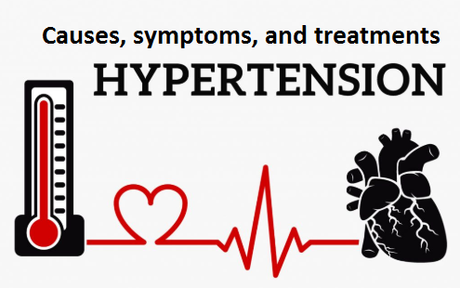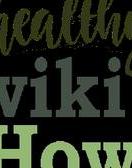
HBP Hypertension
Hypertension is an alternative way of referring to high blood pressure. It can lead to serious complications and increase the risk of heart disease, stroke and death.Blood pressure is defined as the force exerted by blood against the walls of blood vessels. This pressure depends on the work done by the heart and the resistance of the blood vessels.
Hypertension and heart disease represent the biggest concerns globally. The World Health Organization (WHO) suggests that, due to the growth in the processed foods industry, the amount of salt carried by foods around the world has increased, which plays a very important role in hypertension.
What is hypertension?
Hypertension is the medical term for high blood pressure.This means that the blood makes too much force against the walls of the blood vessels.
About 85 million people in the United States have high blood pressure.
According to the guidelines used by the American Heart Association (AEC) in November 2017, doctors' guidelines define high blood pressure at 130 over 80 millimeters of mercury (mm Hg).
Hypertension Treatment
Although the best option is to regulate blood pressure through the diet before it reaches the hypertension phase, there is a wide variety of options to treat it.Changes in lifestyle represent the standard first-line treatment for hypertension.
Regular physical exercise
Doctors recommend that patients with hypertension commit to 30 minutes of aerobic and dynamic exercise with moderate intensity. This can include walking, running, biking or swimming about 5 or 7 days a week.
Stress reduction
It is very important to avoid stress or develop strategies to manage the inevitable stress, as it can help control blood pressure.The consumption of alcohol, drugs and tobacco, along with unhealthy food to cope with stress, will add hypertensive problems, so they should be avoided.
Tobacco can increase blood pressure, so if you stop smoking, you can reduce the risk of hypertension, heart disease and other health problems.
Hypertension Causes
The causes of hypertension are usually unknown.1 in 20 cases of hypertension arises as a result of an underlying disease or medication.
Chronic kidney failure (CRF) is the most common cause of high blood pressure, since the kidneys do not filter fluids. This excess fluid results in hypertension.
Risk factor's
A number of risk factors increase the chances of suffering from hypertension.Age : Hypertension is usually more common in people older than 60 years. With age, blood pressure may increase gradually, as the arteries become stiffer and narrower due to the formation of plaque.Ethnicity : Some ethnic groups are more likely to suffer from hypertension.Height and weight : Obesity or overweight represent a key risk factor.Consumption of alcohol and tobacco : The consumption of large amounts of alcohol on a regular basis can increase a person's blood pressure, just like tobacco.Sex : Life risk is the same for men and women, but men are more likely to suffer at a younger age. The frequency is usually higher in older women.Existing health conditions : Cardiovascular diseases, diabetes , chronic kidney disease and high cholesterol levels can lead to hypertension, especially when people get older.Other factors that also contribute are:
- Physical inactivity
- A diet rich in salt associated with processed and fatty foods
- Low levels of potassium in the diet
- The consumption of alcohol and tobacco
- Some diseases and medications
Hypertension Symptoms
A person with hypertension may not experience any symptoms, in fact, this disease is known as "the silent killer". Although it is undetectable, it can cause damage to the cardiovascular system and internal organs, such as the kidneys.Regular checkups of blood pressure is vital, as there will usually be no symptoms to warn you of the disease.
It is known that blood pressure often causes sweating, anxiety, sleep problems and redness. However, in most cases, no symptoms will appear.
If the blood pressure reaches the level of a hypertensive crisis, the patient may experience headaches and nosebleeds.

